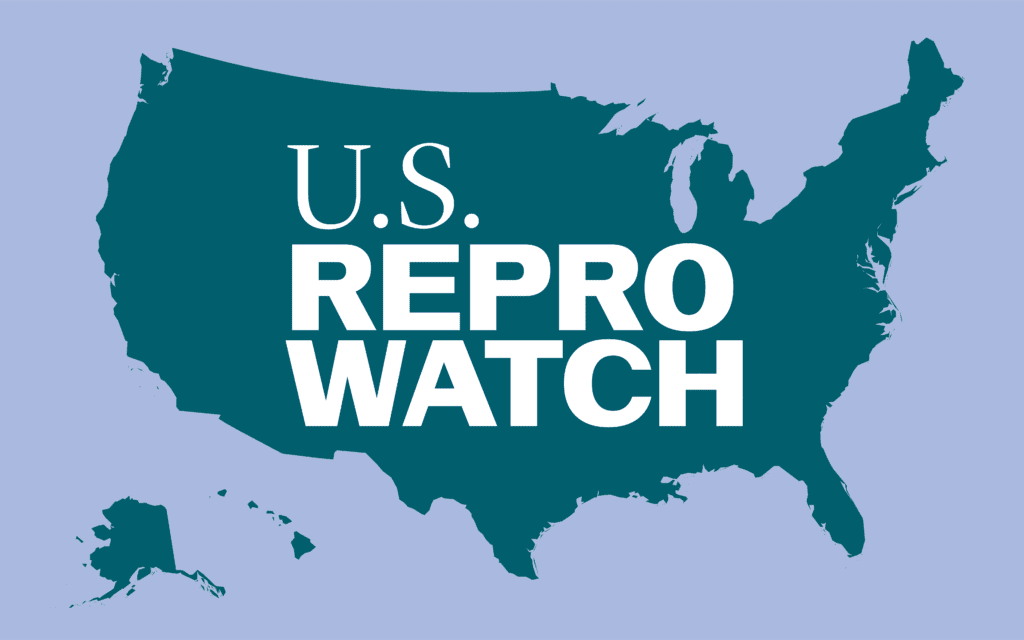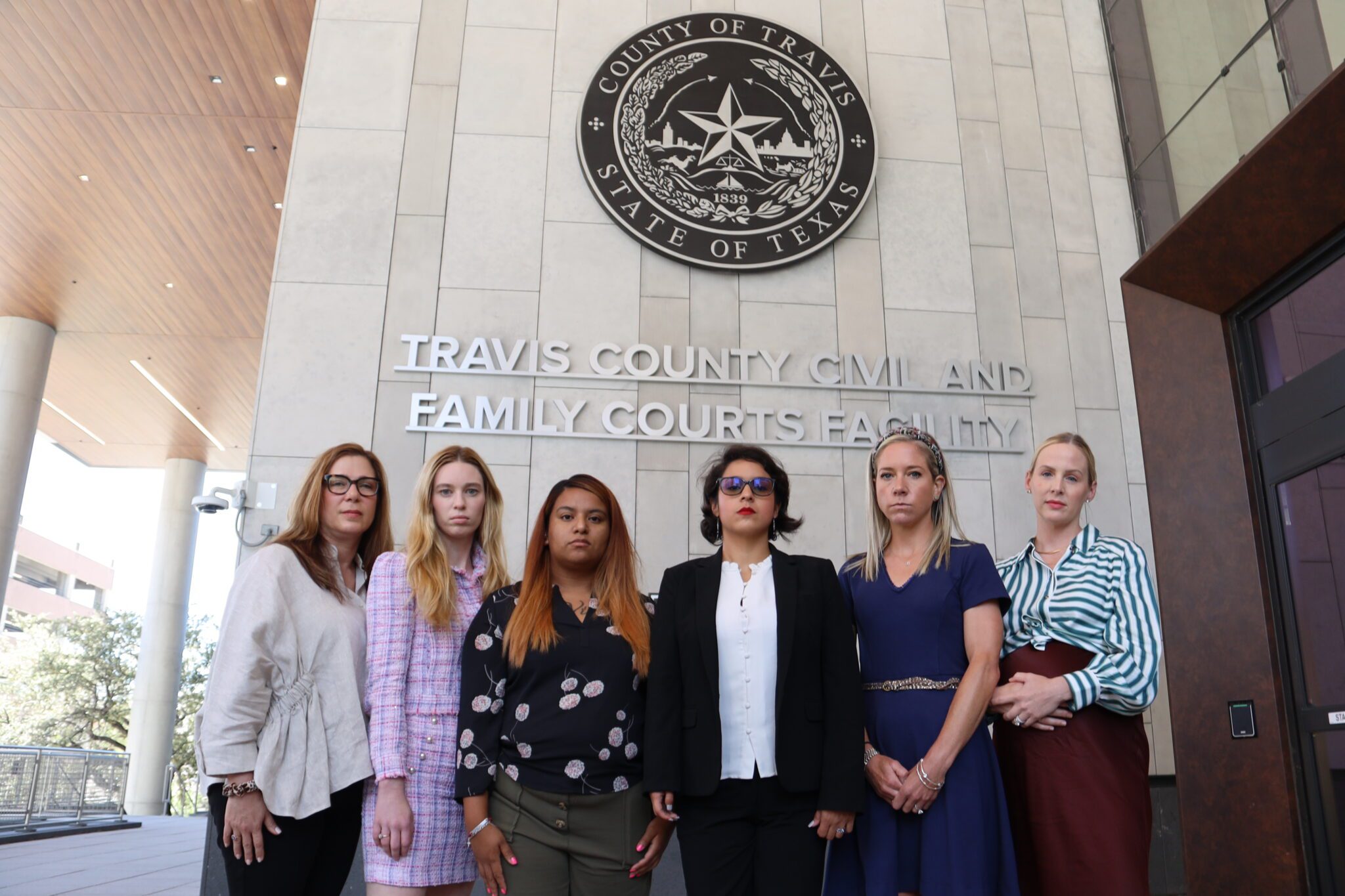U.S. Repro Watch, February 1
SCOTUS warned of “junk science” in medication abortion case, pregnancies from rape in states banning abortion, and other news on U.S. reproductive rights.

U.S. Repro Watch provides periodic updates on news of interest on U.S. reproductive rights. Here are a few recent items you won’t want to miss:
1. The Center for Reproductive Rights and its partners warned the U.S. Supreme Court about “junk science” and unreliable witnesses in the case that threatens abortion medication.
- The warning came in a brief filed in Alliance for Hippocratic Medicine v. FDA, a case in which lower court judges ruled to reinstate burdensome restrictions on the abortion drug mifepristone. The Supreme Court will hear arguments in the case on March 26.
- The amicus (“friend of the court”) brief, submitted January 30 by the Center, the American Civil Liberties Union and The Lawyering Project in support of the FDA’s actions on mifepristone, outlines how the lower courts in their rulings relied on “patently unreliable witnesses” and “ideologically tainted junk science” that have been “routinely discredited” by other courts.
Read more.
Representing Patients Denied Abortion Care Despite Dangerous Pregnancy Complications
Find out about the Center’s cases on behalf of these and other plaintiffs whose health, lives and fertility were at risk because of their states’ abortion bans.
2. A new JAMA study estimates that more than 64,000 pregnancies have occurred from rape in states with abortion bans.
- Published in the Journal of the American Medical Association (JAMA) in January, the study looks at the time since abortion bans were enacted in 14 states, estimating there were 520,000 rapes that led to 64,565 pregnancies. Other research found a minimal number of abortions occurring in states with abortion bans, suggesting that most rape victims were not able to get abortions in their home states.
- “Many bans with rape exceptions require the rape to be reported to police, but we know most rapes go unreported,” said the Center’s state policy director Elisabeth Smith in response to the findings. “People are often afraid to file a report, as most survivors know the person who assaulted them, or may be related to them. These people are left with no option but to carry their pregnancies to term.”
Did you know?
States with restrictive abortion laws showed a 16% higher rate of infant mortality compared to the least restrictive states, according to a recent study in the American Journal of Preventive Medicine. The mortality rate for Black infants was more than twice that of white infants. The study indicated that state-level abortion restrictions made even more of an impact on infant mortality rates than socioeconomic factors like poverty.
The report, which investigated the association between county-level infant mortality and state-level abortion access legislation in the U.S. from 2014 to 2018, used data collected before Roe was overturned. Fourteen states have since banned abortion, which may have an even greater impact on infant mortality going forward.
Center for Reproductive Rights 2023 Annual Report
Explore highlights of the Center’s work, impact, and forward fight for reproductive rights around the world.
Coming Up
February 7: Florida Supreme Court to hear arguments on an abortion rights ballot initiative.
- The arguments will center on whether the Court should approve the wording of the proposed constitutional amendment and allow it to go on the November ballot.
- The hearing will take place at 9 a.m. EST on February 7 and will be livestreamed here.
U.S. Repro Watch
Read previous U.S. Repro Watch posts.

